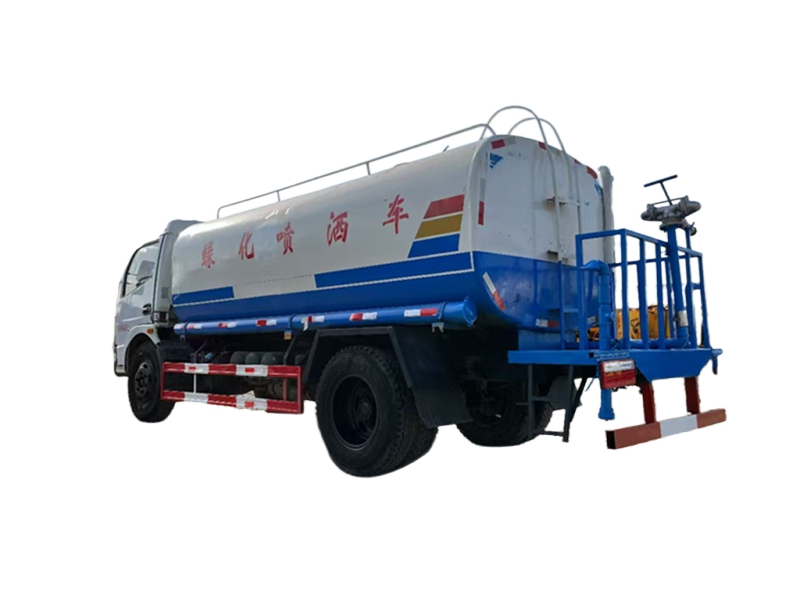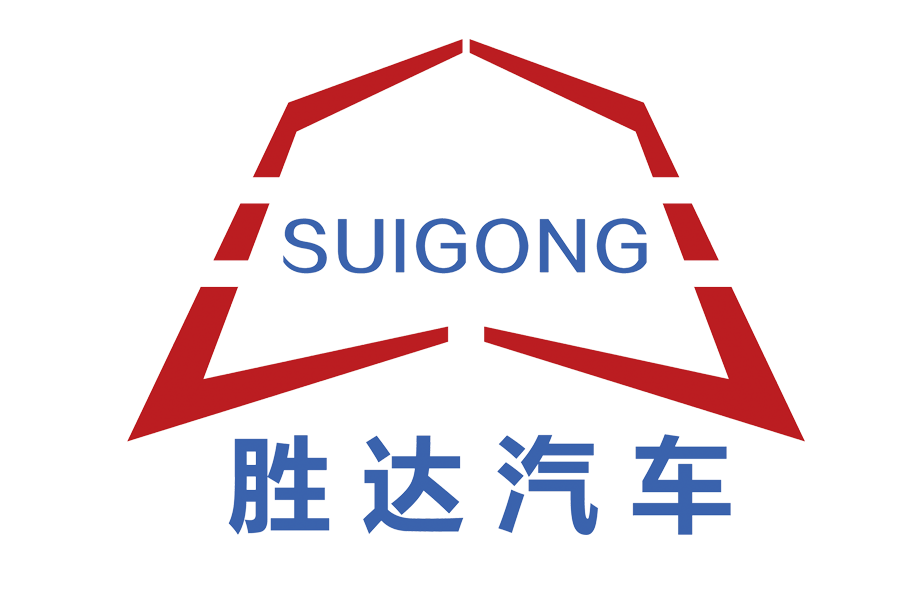Sprinkler Trucks: Adapting to Public Health Emergencies and Smart City Growth
Sprinkler trucks are undergoing a remarkable transformation, expanding their reach beyond traditional street maintenance to become key players in public health response and the development of smart cities. Their ability to adapt to diverse challenges is reshaping how urban communities address urgent needs and long-term development goals.

Frontline in Public Health Emergencies
During public health crises, sprinkler trucks have proven to be invaluable assets. In the wake of the 2023 cholera outbreak in parts of East Africa, modified sprinkler trucks were deployed to disinfect public spaces in urban slums. Equipped with sanitizing solutions approved by the World Health Organization, these trucks sprayed markets, bus stations, and communal water points, significantly reducing the spread of the disease. Local health officials reported a 35% drop in new cases within two weeks of the initiative.
In densely populated cities across South Asia, during peak air pollution seasons, sprinkler trucks are used to create “clean air corridors” around hospitals and schools. The fine mist they disperse captures harmful pollutants, providing temporary relief for vulnerable populations. “These trucks are like mobile air purifiers,” says a public health expert in Dhaka, Bangladesh.
Driving Smart City Infrastructure
As cities embrace digital transformation, sprinkler trucks are becoming integrated into smart infrastructure networks. In Barcelona, Spain, sprinkler trucks are connected to the city’s IoT (Internet of Things) platform, which collects data on air quality, traffic flow, and water usage. This integration allows the city to adjust sprinkler routes and schedules in real time, ensuring optimal resource allocation. For example, if a sudden spike in pollen levels is detected, sprinklers are redirected to residential areas with high rates of asthma.
In Singapore, autonomous sprinkler trucks are being tested in industrial zones. These driverless vehicles use LiDAR technology to navigate, avoiding obstacles and adjusting their spray patterns based on the type of surface they’re treating. The trial has shown a 25% increase in efficiency compared to manually operated trucks.
Empowering Rural Communities
Sprinkler trucks are not just urban tools—they’re making a difference in rural areas too. In parts of rural Thailand, where access to clean water is limited, community-owned sprinkler trucks are used to transport water from distant sources to local schools and clinics. These trucks also help irrigate community farms, improving crop yields and food security. “Before, we spent hours carrying water; now the truck does the hard work,” says a village elder in Chiang Mai province.
In Brazil’s rural northeast, sprinkler trucks are used to combat desertification by watering newly planted native trees. The initiative, supported by the government, has helped restore over 5,000 hectares of land since 2022, preventing soil erosion and improving local biodiversity.

